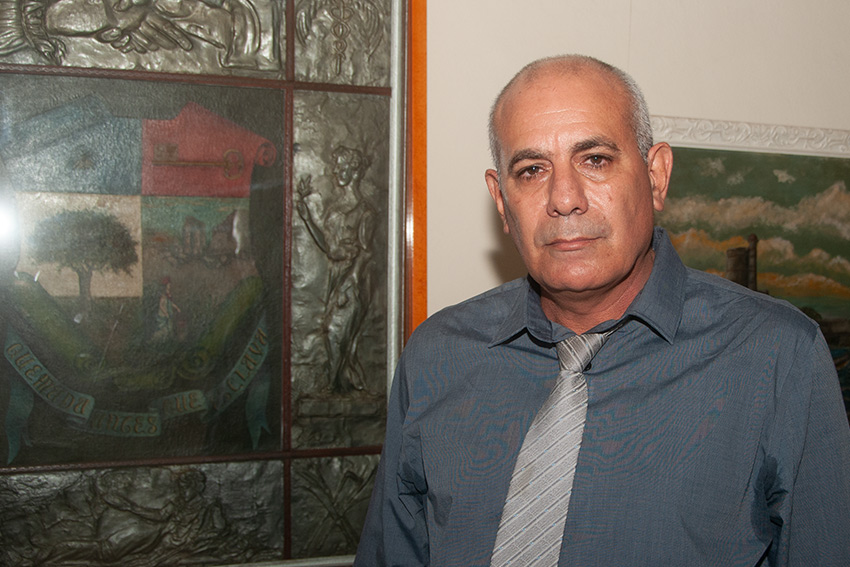
I have many references to PhD José Guillermo Montero Quesada among my work notes; in the computer, scattered in folders, or among the many audios that always haunt me. He is, perhaps, the person who has advised me the most on local history issues, in recent times.
Las Tunas, Cuba.- For that reason, and also because of our mania of thinking about ourselves, about our pain when the other one leaves, my first thought was for how much we still have to do, the many plans of work he had, and the others I ruminated on and I never told him, always hoping for a better opportunity, a fatal mistake.
The COVID-19, that razor, took it upon itself to rip him from this world as it has done with other compatriots since the pandemic began. My story of bewilderment is not different, therefore, from those of friends and family who, scattered throughout this geography, have tears in their eyes and have gone through the terrible experience of saying goodbye to their loved ones without kissing them, knowing that they are being buried alone, at dawn, without flowers, prayers and with only the consolation of asking for a light.
On December 20, 2011, at the University of Havana, José Guillermo Montero became the first Doctor in Historical Sciences of Las Tunas, and he was the only one until at dawn, on August 3, the COVID-19 made him lose the fight for life. He was a hardworking man with an impressive dose of sacrifice and self-improvement, who had always won his own battles.
A short time ago, he typed these memories for me: “The jump began when I worked in the José Martí provincial library, in the department known today as Patrimonial, where I spent a lot of time studying. When they allowed me to work as a full-time professor at the Manuel Fajardo School of Physical Culture in Las Tunas, they offered me the possibility of having a computer machine, I started the great race towards the goal, I dedicated up to 16 hours a day to the project.
"Circumstances led me to create a training strategy consisting of carrying at the same time for five years the second bachelor degree in Sociocultural Studies and two new master's degrees: one in Community Cultural Development and the other in Combat Sports, but always in the profile of History.
“That way, I completed what I needed as part of the training to feel in a comfortable position, not only for my Doctorate but in the careers in which I worked as a teacher. I confess that I slept little, sometimes stress invaded me; and I think I was successful because of the family support - especially from my wife Rosa Elena, who gave me a lot of encouragement to continue.”
That day he told me that his dream was now to help others reach that goal. That's what he was doing when the Grim Reaper arrived.
Guille was the president of the Las Tunas branch of the Union of Cuban Historians (UNHIC), he had 20 years of experience as a university teacher, he tirelessly researched. And I remember him as passionate about the art of bringing together researchers from all over, encouraging the study, and doing it, always, in a welcoming, team atmosphere.
Many men like him are necessary to undertake the good works and consolidate the ones we already have; people who put their bodies into problems and never tire of contributing. Today, by far, historians are in mourning in this province.





